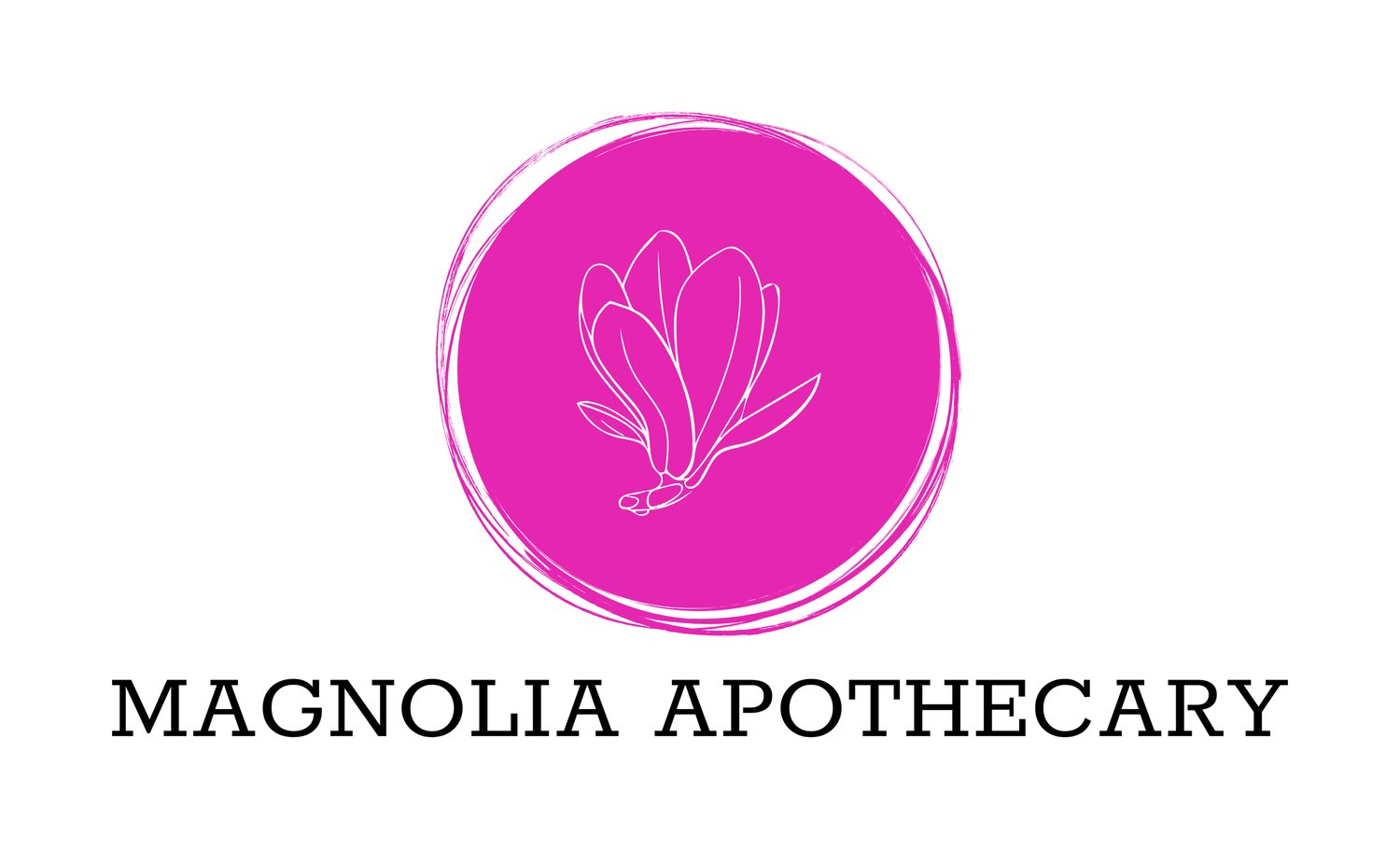Important Oral Health Care
Oral Health!
This might sound like a boring subject or that maybe I am a dentist (which I am not), but oral health is an often forgotten area until something urgent happens and you need treatment.
Oral Health day is about empowering people to act on and look after their oral health for long term health. And this is very true. We often don’t think about oral health in regards to other health conditions within the body but they are connected.
Take Cardiovascular disease. Even Harvard Medical accept there is a correlation between these conditions. Why?
If you have gum disease, which causes gingivitis and periodontitis, then you have bacteria in your mouth which can travel to blood vessels elsewhere in the body. This bacteria can cause blood vessel inflammation and damage which can cause tiny blood clots, heart attack and stroke. Hence the association with cardiovascular disease.
Pregnancy is another area where good oral health matters. Poor oral health can lead to premature labour, pre-eclampsia, low birth weight baby, gingival tissue ulcerations, pregnancy granuloma, gingivitis, pregnancy tumours (epulis gravidarum), loose teeth, mouth dryness, and dental erosions.
During pregnancy the hormonal changes with estrogen and progesterone affect the gingiva making it more sensitive. And as with cardiovascular issues the bacteria released by the gingiva can react with the placenta and cause some of the above mentioned conditions.
So just like the gut the oral microbiome is of great importance, especially the diversity of the microbiome. Remember the digestive system actually starts at the mouth and is part of the whole system, so if the oral microbiome isn’t happy there is a good chance further down is struggling also.
Oral issues don’t just affect the mouth but also impact on the following:
Heart disease
Stroke
Diabetes
Lung conditions
Preterm birth
Increased risk of pregnancy gingivitis
Gum disease
Dental decay
Gut, immune, endocrine and nervous system (via the gut-brain axis)
These conditions happen mainly because of the inflammation associated with gum disease which is driven by the bacteria. This process also lowers the immune function and its ability to fight off disease and help the body restore itself back to homeostasis.
So how can you look after your oral microbiome?
Above are some simple ways to improve your microbiome of the mouth and most of these also relate to the health of the gut and will impact on the whole digestive system.
Some specifics for good oral hygiene:
Toothpaste: what you use can help improve the oral microbiome. Toothpaste that contains chemicals is not helping the oral microbiome so look for a more natural one. I currently use one that has added probiotics and uses hydroxyapatite which is an alternative to fluoride made from coconut.
Mouthwash - again using a product that has natural antibacterial and anti-inflammatory rather than being alcohol based. Mint, neem and propolis are all natural antibacterial products and can be found in certain mouth washes.
Flossing - is essential for reducing tooth decay. I suggest looking for one that is made of bamboo, charcoal or sustainable ingredients. Your standard floss contains some pretty nasty chemicals called PFAS compounds, these can cause a host of issues. Again check the whats in your toothpaste article above.
Probiotics - there are specific probiotics for the oral microbiome which can help rebalance and reduce symptoms of gum disease. These are prescription only and do require a consult, but often go hand in hand with gut issues.
So don't delay looking after your oral health today. You can start by improving your daily routine and replacing the chemicals with products that will assist, then look at the overall microbiome and see what you can do to help.
Your oral health makes a big difference to your overall health.
References
Yenen Z, Ataçağ T. Oral care in pregnancy. J Turk Ger Gynecol Assoc. 2019 Nov 28;20(4):264-268. doi: 10.4274/jtgga.galenos.2018.2018.0139. Epub 2018 Dec 17. PMID: 30556662; PMCID: PMC6883753.
https://www.ncbi.nlm.nih.gov/pmc/articles/PMC6883753/
____________________________________________________________________________________________________
This article was written by Jan Caton Bachelor of Health Science-Naturopathy. Jan is the Director of Magnolia Apothecary, Naturupath, Nutritionist and Herbalist practicing in the Yarra Ranges.
